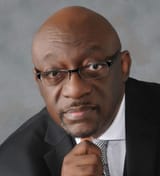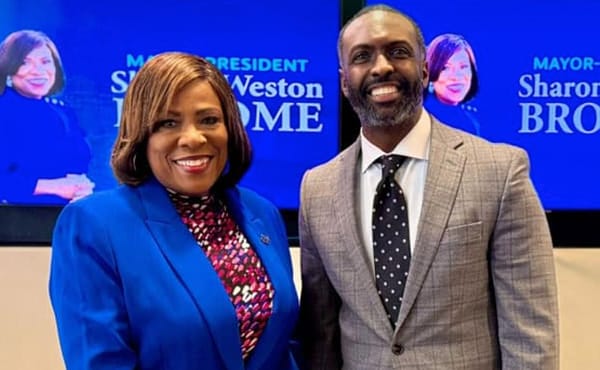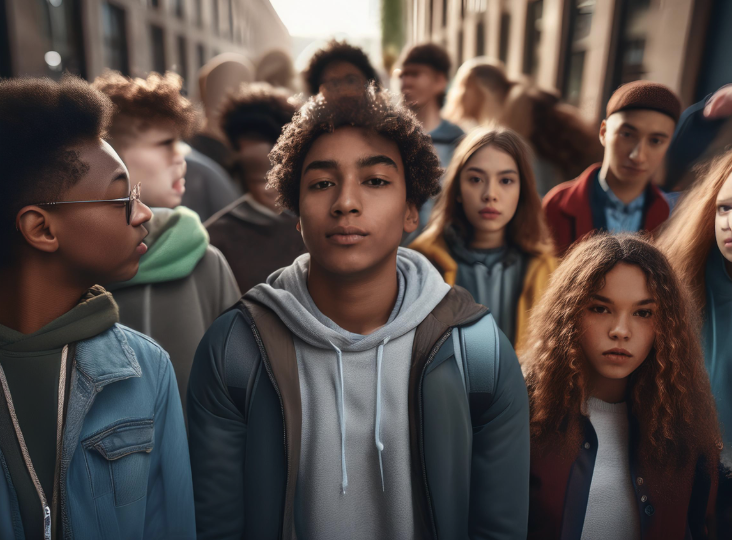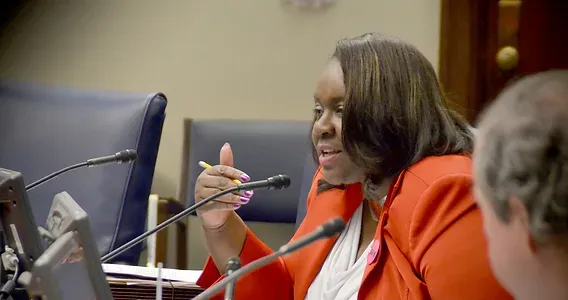CNN Faces Backlash for Excluding Black-Owned Media from Presidential Debate Coverage
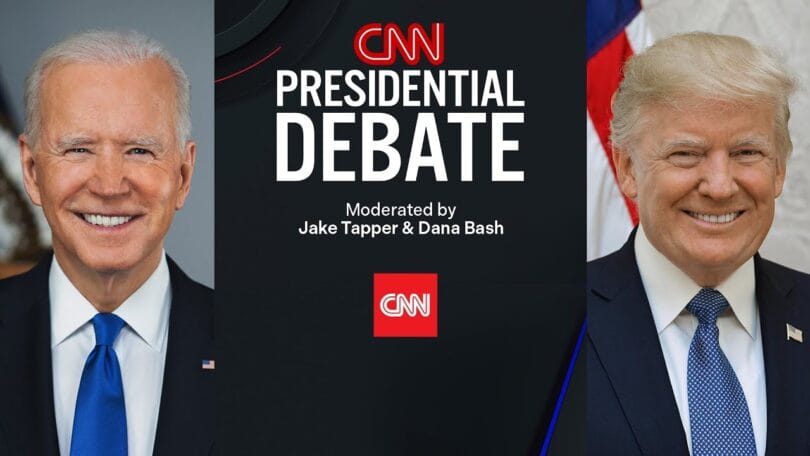
CNN is under fire for denying media credentials to every Black-owned media entity, including those based in Atlanta, for the upcoming presidential debate on Thursday. Despite granting over 600 media credentials, none were extended to Black-owned outlets, sparking accusations of systemic exclusion in a predominantly Black city.
The decision has ignited a storm of criticism, spotlighting the ongoing issue of racial inequity in media representation. Atlanta, a city celebrated for its rich Black culture and leadership, sees its Black-owned media sidelined at a crucial political event.
The National Newspaper Publishers Association (NNPA), a leading voice for Black-owned media, shared a rejection letter from CNN. In an email, CNN’s Dylan Rose offered the Black Press transcripts and photos from the debate instead of access.
The NNPA, representing the 197-year-old Black Press of America with over 230 newspapers and media companies, includes The Atlanta Voice, Atlanta Daily World, and the Atlanta Inquirer. Rolling Out magazine is also among those excluded by CNN.
Media personality and Black Star Network owner Roland Martin tweeted that his phone had been “buzzing from Black-owned media outlets in Atlanta who say they are being denied media credentials to the debate.” He added, “They don’t care about us. This is despicable. The treatment of Black-owned media is pathetic.”
NNPA President and CEO Dr. Benjamin F. Chavis Jr. condemned CNN's decision, calling it “an affront to the very essence of press freedom and diversity. In a city where Black voices and perspectives are essential, this exclusion is both a slap in the face and a stark reminder of the ongoing struggles for equitable media representation.”
The timing and nature of the rejection have only fueled the outrage. Despite having ample time and resources to accommodate diverse media outlets, CNN’s refusal to include Black-owned entities suggests a troubling oversight or, worse, a deliberate and overtly racially motivated dismissal.
Local Black-owned media outlets, many of which have served the Atlanta community for decades, expressed their frustration and disappointment, asserting that CNN has intentionally overlooked the heartbeat of the city’s news and culture.
This exclusion comes when media diversity and representation are under intense scrutiny. Advocacy groups and community leaders are calling for immediate corrective actions from CNN and other major networks to ensure that Black-owned media entities are not just included but respected and given the opportunities they deserve.
As the debate approaches, the spotlight is not just on the candidates but also on the institutions that shape public discourse. CNN’s decision has cast a long shadow over the debate, raising critical questions about who gets to tell the story and who gets left out.
“Our exclusion from this pivotal event is not just an insult to our organizations but to our readers and viewers who rely on us for their news,” Chavis argued.

